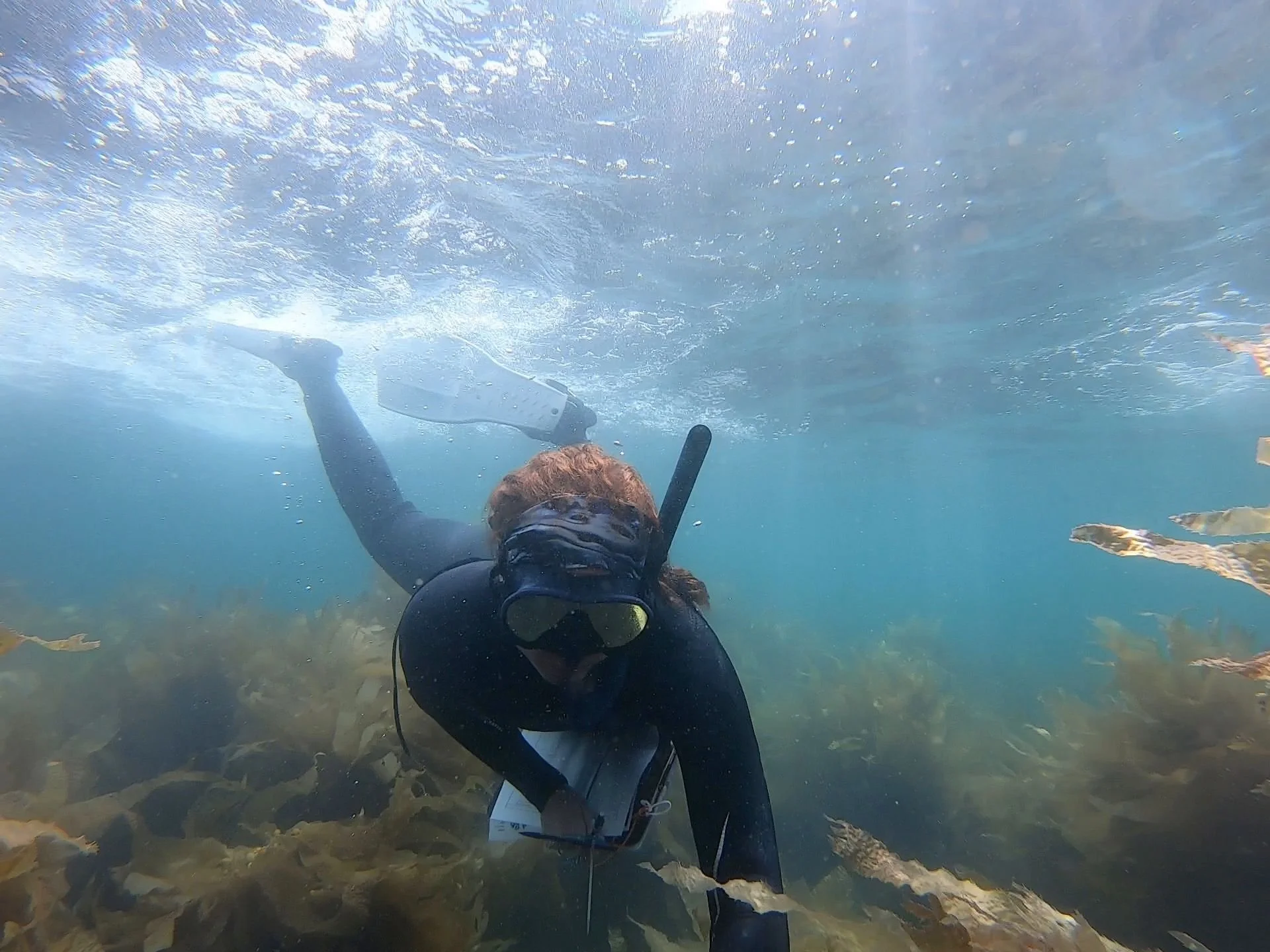A Minke whale that was discovered dead and floating this week most likely died from being struck by a ship, according to researchers. The floating whale, first reported to the The Whale Museum stranding hotline by a commercial vessel, was located by Stranding Coordinator Jessica Farrer and later towed to a private beach on a nearby island by the US Coast Guard.
Under authorization of NOAA Fisheries, scientists and veterinarians from the Whale Museum’s stranding network, Cascadia Research Collective, World Vets, and the SeaDoc Society performed a complete necropsy.






